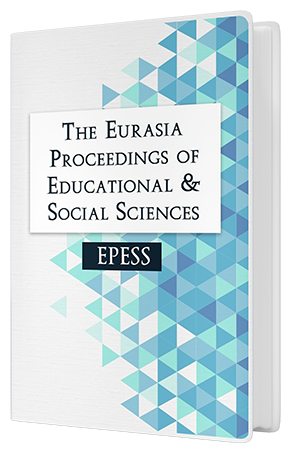Motivated Behavioral Choices of Young Technological Talents - From Adolescence to Career Success
Keywords:
Motivated behavioral choices, Technological talent, Career successAbstract
Technical abilities are fundamental to human existence. At each stage within the cycle of life, humans continuously strive to acquire new skills or to refine existing ones in the hope that productivity and quality of life are enhanced. Despite the fact that skilled behavior underlines nearly every human activity, our understanding about the factors that contribute to the attainment of expertise in technology education is far from complete. Not to mention, that we do not really know what is needed in career success for technological professions. This article builds on earlier research that defined and assessed technical abilities among adolescents. The aim of the study was to examine determinants of technological competence and try to predict student potential for career success. It tracks the students whose technical abilities were assessed in a study twenty five years ago. The follow-up study was carried out as a qualitative case study. Although, we must be cautious about final conclusions because of the limited number of research subjects, the study shows that it is possible to predict student potential for career success in the technical professions. However, the process in making motivated behavioral choices in the area of technology seems to be much more complicated for technologically talented females than for males.Downloads
Published
Issue
Section
License
Copyright (c) 2018 The Eurasia Proceedings of Educational and Social Sciences

This work is licensed under a Creative Commons Attribution-NonCommercial-ShareAlike 4.0 International License.
The articles may be used for research, teaching, and private study purposes. Any substantial or systematic reproduction, redistribution, reselling, loan, sub-licensing, systematic supply, or distribution in any form to anyone is expressly forbidden. Authors alone are responsible for the contents of their articles. The journal owns the copyright of the articles. The publisher shall not be liable for any loss, actions, claims, proceedings, demand, or costs or damages whatsoever or howsoever caused arising directly or indirectly in connection with or arising out of the use of the research material. All authors are requested to disclose any actual or potential conflict of interest including any financial, personal or other relationships with other people or organizations regarding the submitted work.




